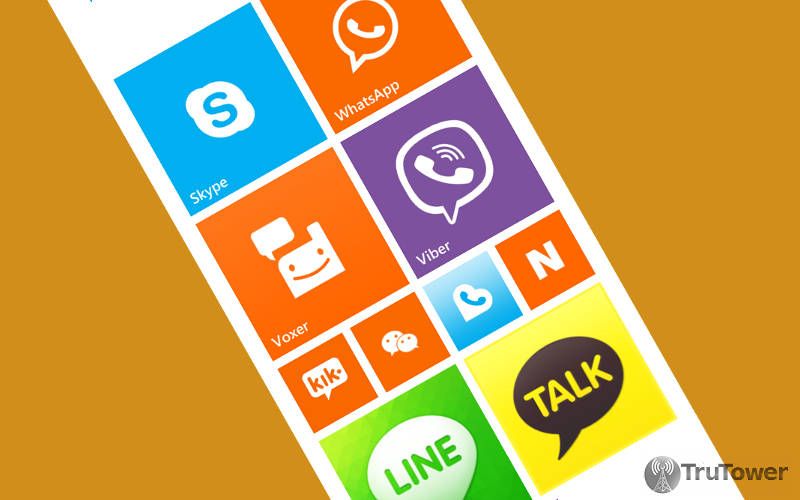In today’s world, which is a time when customers and their communications are evolving from cellular to IP, it can be difficult for carriers and communications applications to play nice with one another.
The latest of these spats took place in India, where last month a proposal to impose fees on apps like WhatsApp Messenger, Skype and Viber to operate in the country hit the desks of the country’s Telecom Regulatory Authority of India (TRAI).
However, TRAI has just decided not to impose fees on these apps due to the fact that “operators can offset their losses through growth in data revenue” according to people familiar with the matter.
“One-third of the incremental revenue of the telecom industry is coming from data services”
“One-third of the incremental revenue of the [India] telecom industry is coming from data services itself,” said a representative from the regulator. “As far as the voice services are concerned, there is an upswing in the realisation rates. There is no proposal for a consultation paper (on regulating companies offering free messaging and calling services).”
OTT players such as Nimbuzz and those previously mentioned have stated that “any move to regulate and seek payment – either to the government or to the carriers – is against the concept of free Internet or net neutrality”, while also stating that costs would be passed on to customers if such a fee system was implemented.

